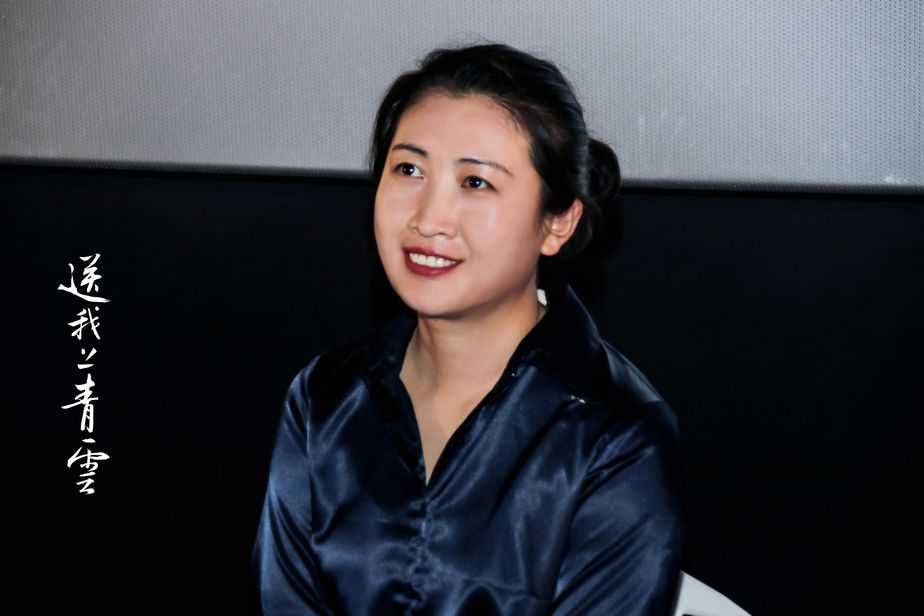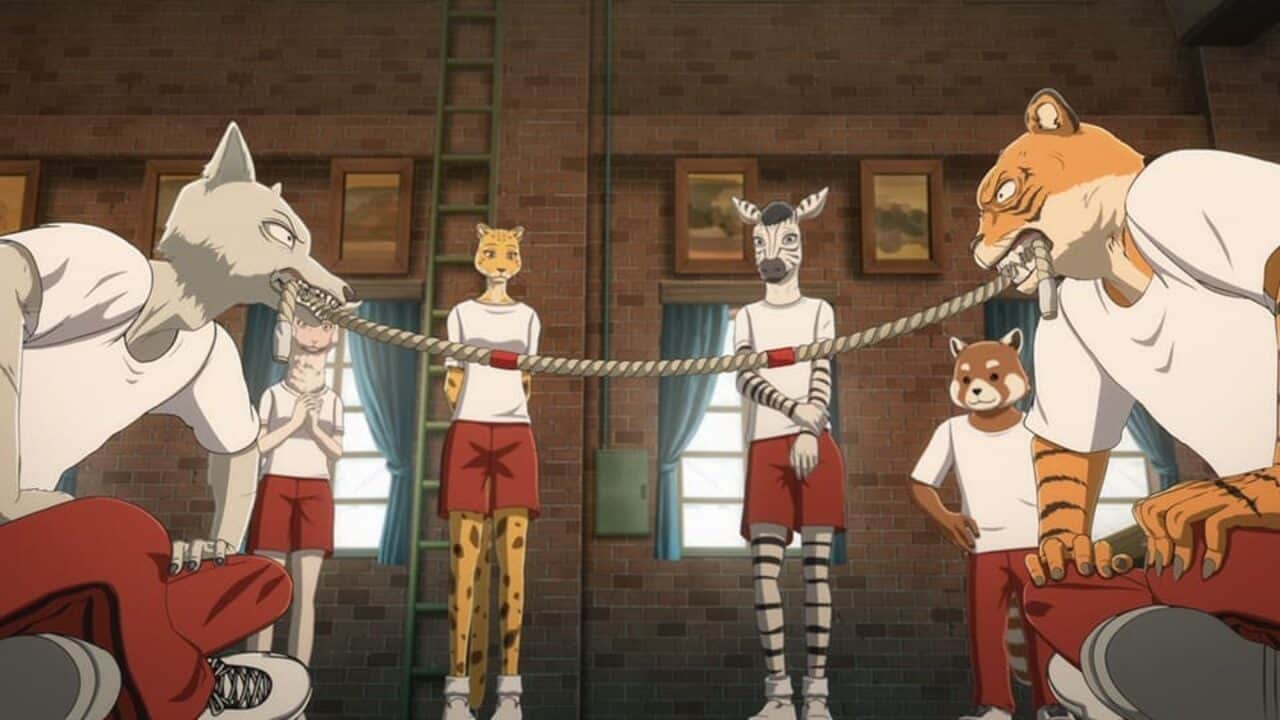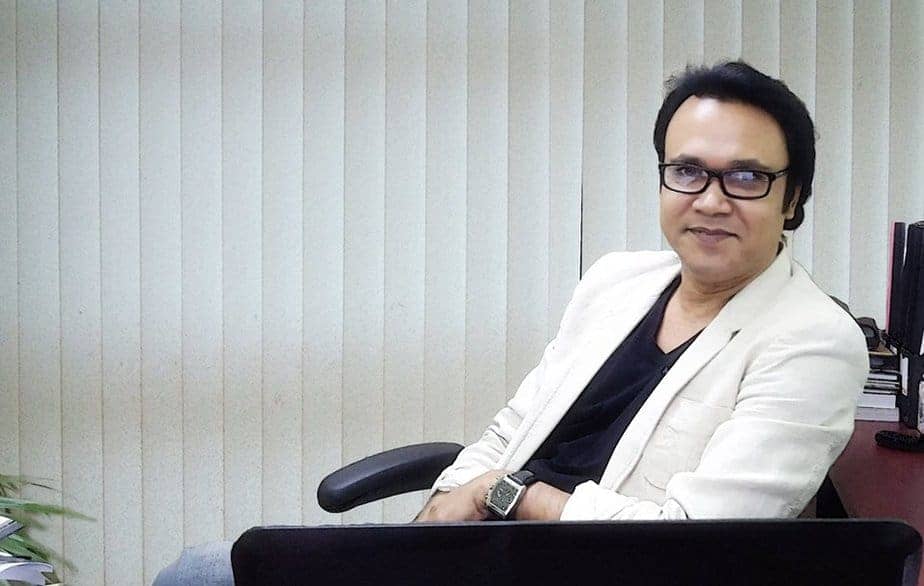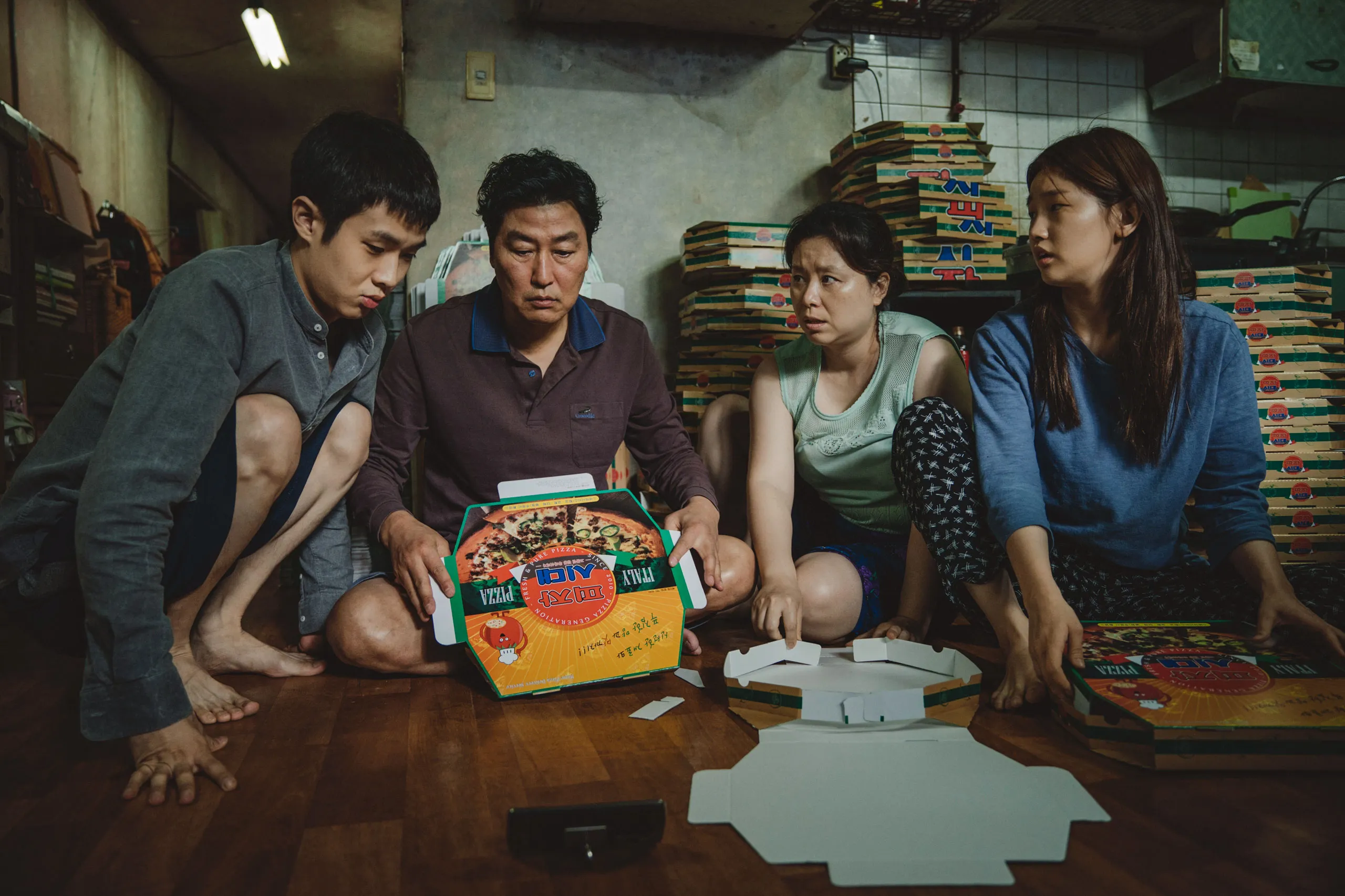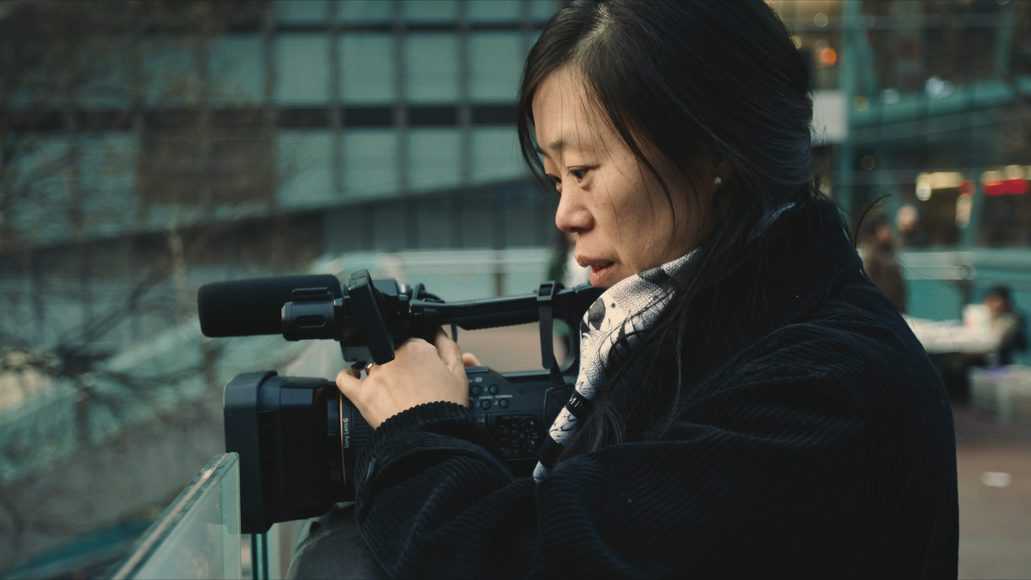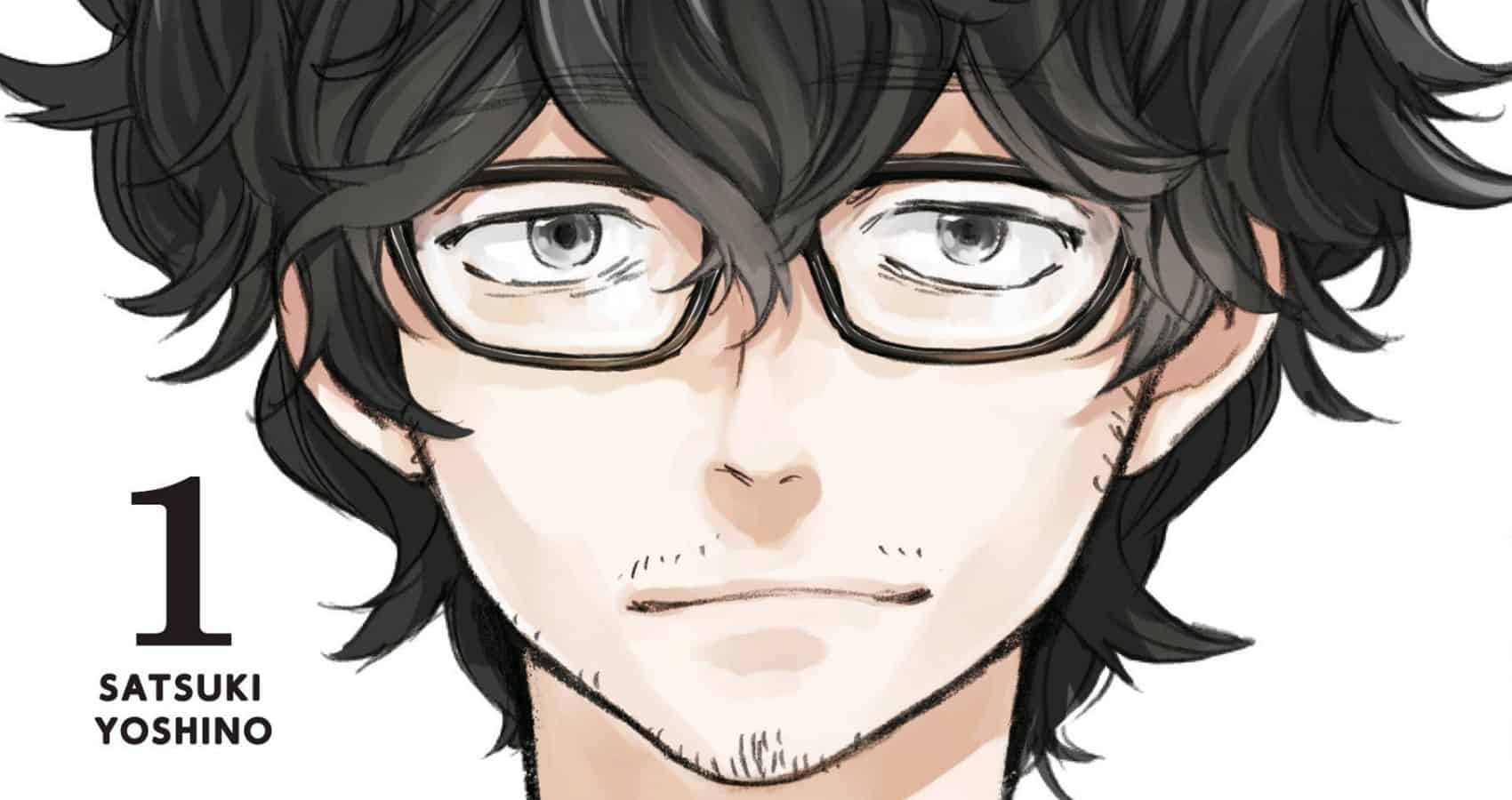Director Teng Congcong studied filmmaking at the Beijing Film Academy under the likes of legendary director Xie Fie, eventually getting her Bachelor's and Master's degrees in Directing from the prestigious institute. Winning a number of awards for her short films, she makes her feature film debut with “Send Me to the Clouds“, a film which examines the current position of educated independent women born in the era of China's “One Child Policy” through the story of a journalist suffering from ovarian cancer.
The film is making waves since its release, not least for its chief theme of the female desire for sex in China's conservative society. After screening in quite a few domestic film festivals and having had a limited release in North America last month, the film is now ready for a wider Festival run, with director Teng Congcong making an appearance to talk about the film on the following dates at various venues:
11/7 WASHINGTON DC Chinese Film Festival
11/8 WINCHESTER, VA Alamo Drafthouse
11/10 ST LOUIS International Film Festival
11/13 SAN DIEGO Asian Film Festival
We got a chance to speak with the director, courtesy of Cheng Cheng Films, where we spoke about cancer, comedy and that infamous masturbation scene.

You are yourself from a generation of “only daughters”. How much did you draw from your own experiences for this story?
I'll say 30%. I am actually not an only child (laughs). This is rare in my generation. My parents paid a fine to have my younger brother and sister.
It's always refreshing to see a heavy subject handled with comedic effect. How did you decide you wanted the film to be as much a comedy as a drama and how hard was it to find the right balance between the two?
The core of high-brow comedy is tragedy. Comedy is difficult; more difficult than tragedy. This is comedy's charm. For example, the dark humor in the Coen Brothers' many films, “It's a Wonderful Life” and “King of Comedy” are all comedies that I really like. These movies allow you to laugh but wake up a sadness deep inside of you afterwards.
Can you comment on the medical system in China, particularly for patients with illnesses such as Sheng Nan suffers? It was interesting that a cancer patient has to struggle to raise money for treatment whereas Sheng Nan's mother was getting free botox topups as part of a package.
Everyone dies. I'm only in my 30s, and I already have friends who get cancer. My parents are also not in perfect health. In Chinese culture, people avoid discussing death, which I disagree. Death is not bad fortune. It is a common thing we have to face. I want to make fun of death and create something out of the process.
I once read the Pulitzer prize-winning book “The Emperor of All Maladies: A Biography of Cancer”. It says cancer is different from other diseases that are results of external invasions; instead it is a transformation of our own genes caused by tensions of our unfulfilled desires for eternal youth. That statement touched me deeply. I think cancer helps us look into ourselves for solutions. Sheng Nan's cancer pushes her to pursue her inner needs and move on beyond life's obstacles.

Mr Li, the artist, mentions Breatharianism. Could you explain to the uninitiated what that entails?
Inedia is a way of staying healthy in Daoism. Buddhism also has something similar called “The Eight Precepts.” Inedia requires you to cleanse yourself by not eating for a period of time and sometimes you need to stop talking. This is a religious practice through zazen. Modern society appropriates Inedia and uses it as a way of staying healthy.
As a first time female director, was it hard to get your project off the ground? In general, would you say it's more difficult for female directors to get their projects greenly in China?
I think female directors are minorities whether you are in the U.S. or in Europe. This is due to some requirements of being a director. You need the power of control, leadership and even physical strength. Generally it is more or less a male-dominated job. But with the improvement of technology, the requirement for physical strength has become less important and the number of female directors has increased. In China. I don't really experience any difficulty as a director because I'm a woman. Rather, the difficulty is in the creative work, like whether the story is good enough, whether it can touch audiences, whether the visuals and sound are advanced, etc.
Q. How did Yao Chen get associated with the project? How was your collaboration with her?
Around July 2017, our producer Dun He (Yan Yunfei) gave her the script. She really liked it and decided to join soon after. She is a mature actress with her own way of thinking. While working together, I grew and learned a lot about myself and film production from her spirit of never giving up.

Q. The big topic of discussion has been the masturbation scene. How did you and Yao Chen approach it? What are your thoughts on the discussion, a much necessary discussion I might say, that it has created in China since its release?
Yao Chen and I talked about this scene a lot before we managed to complete it. When we were filming, Yao Chen was particularly worried about her sex scene. She asked me, “Director, how should we do this?” I did not have any words for her and could only laugh. I thought to myself, “I'm a newbie, I haven't even shot a movie before, how would I know how to shoot a sex scene?”
That is why we had to talk a lot in order to finish the scene. During the shoot, I was very shy. I didn't even want to look at the monitor while we were filming it. When I think about it now, getting that scene done was a miracle.
How was your association with Director of Photography Jong Lin? How hard was it to shoot in such a remote, misty location?
Cinematographer Jong Lin is like a scholar. After reading the script, he shared with us an article of around a thousand words he wrote about the story and the characters. His way of creating visuals starts with understanding who the characters are. For him, this film is about a person's self discovery and making sense of the world. In our collaboration, Jong Lin supplied many wonderful ideas. Beijing was smoggy when I wrote the script, so I told master Lin that I want the look of our film to mirror a smoggy city. He added some yellow color to Guizhou mountain's fog, which makes the result look exactly like Beijing's smog.
Q. What are your plans for the future? Do you have other stories and projects in the pipeline?
I have a lot of things that I want to make. I am not the type of person who needs to go out and search for inspiration. I already have a lot of inspirations and I need to organize them and give some of them up. This is what I am doing right now. After I finish, I will probably make another story from a female perspective. There are so many stories from a male perspective in the market. As a female director, I value my female angle. I hope I can make more works about women.


